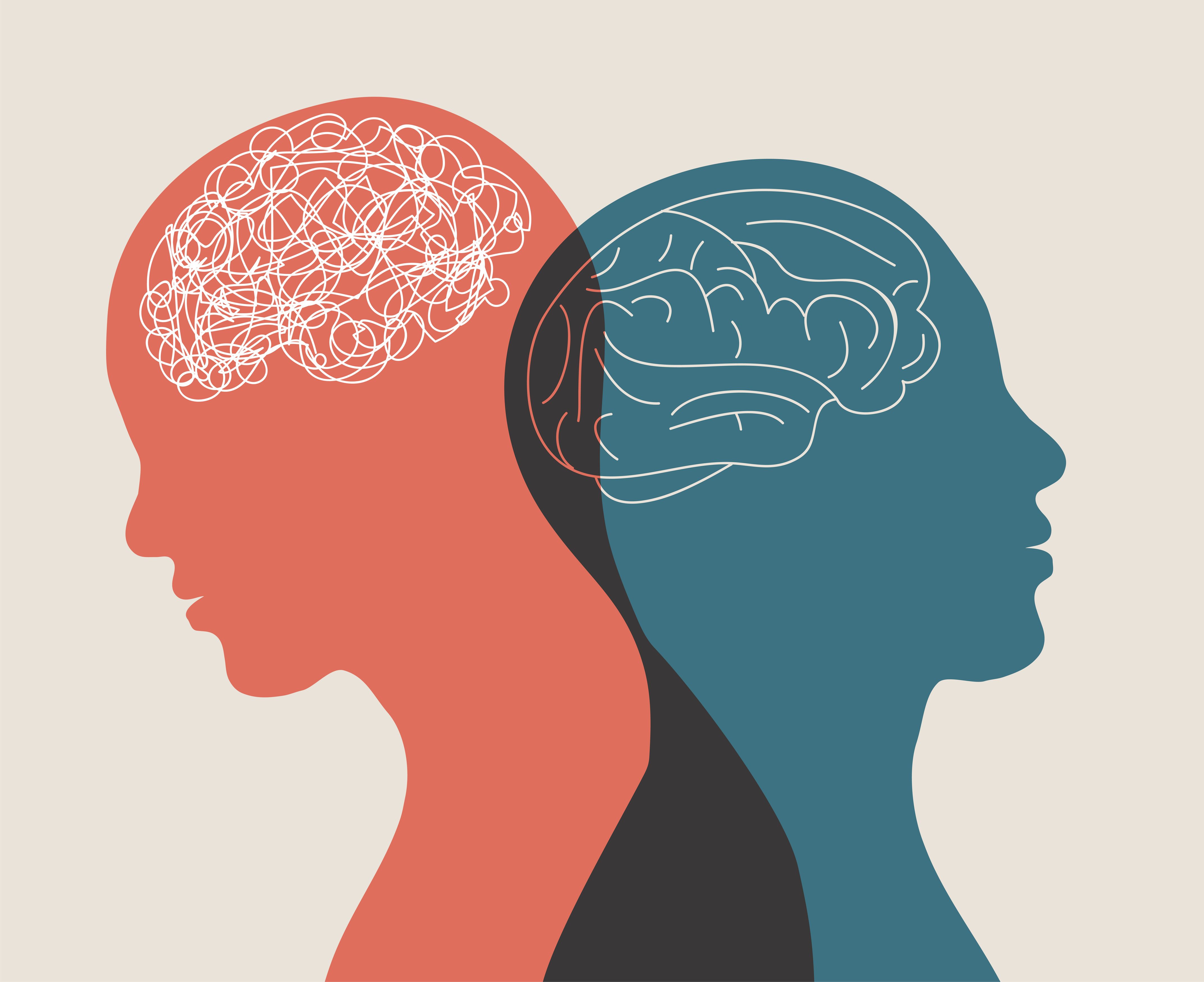AI in Healthcare & Social Care: Beyond the Buzz - Real-World Applications & Benefits

The relentless march of technological progress can leave many feeling overwhelmed, especially when it comes to understanding the practical applications and tangible benefits of Artificial Intelligence (AI). While the hype surrounding AI is undeniable, the reality is that it's already making a significant impact on the health and social care sectors in Ireland and globally. This article cuts through the noise, exploring the concrete ways AI is being developed and deployed to improve patient care, streamline operations, and support frontline workers.
Beyond the Hype: Real-World AI Applications
Forget futuristic robots replacing doctors. The current applications of AI in health and social care are far more nuanced and focused on augmenting human capabilities. Here are a few key areas where AI is making a difference:
- Diagnostic Assistance: AI algorithms can analyze medical images (X-rays, MRIs, CT scans) with remarkable speed and accuracy, helping radiologists detect anomalies like tumors or fractures earlier and more reliably. This leads to faster diagnoses and quicker treatment initiation.
- Personalized Medicine: AI can analyze patient data – including genetics, lifestyle, and medical history – to predict their risk of developing certain diseases and tailor treatment plans accordingly. This move towards personalized medicine promises more effective and targeted interventions.
- Drug Discovery & Development: The process of bringing a new drug to market is notoriously long and expensive. AI is accelerating this process by analyzing vast datasets to identify potential drug candidates and predict their efficacy.
- Administrative Efficiency: AI-powered chatbots can handle routine patient inquiries, schedule appointments, and manage administrative tasks, freeing up healthcare professionals to focus on patient care.
- Remote Patient Monitoring: Wearable devices and remote sensors, combined with AI algorithms, can continuously monitor patients' vital signs and alert healthcare providers to potential problems, enabling proactive interventions and reducing hospital readmissions. This is particularly valuable for managing chronic conditions.
- Social Care Support: AI is being used to analyze social care needs, predict potential crises, and personalize support services for vulnerable individuals. Chatbots can also provide companionship and emotional support.
The Benefits are Clear
The adoption of AI in health and social care offers a multitude of benefits:
- Improved Patient Outcomes: Earlier diagnoses, personalized treatments, and proactive monitoring all contribute to better patient outcomes.
- Increased Efficiency: Automating administrative tasks and streamlining workflows frees up healthcare professionals to focus on what they do best – caring for patients.
- Reduced Costs: AI can help reduce healthcare costs by preventing hospital readmissions, optimizing resource allocation, and improving operational efficiency.
- Enhanced Access to Care: Remote patient monitoring and telehealth solutions powered by AI can expand access to care for people living in rural areas or with limited mobility.
Challenges and Considerations
While the potential of AI in health and social care is immense, there are also challenges to address. These include data privacy and security concerns, the need for robust data governance frameworks, and the potential for algorithmic bias. Careful consideration must be given to ethical implications and ensuring fairness and transparency in AI applications.
The Future is Intelligent
AI is not a replacement for human healthcare professionals; it's a powerful tool that can augment their capabilities and improve the quality of care. As AI technology continues to evolve, we can expect to see even more innovative applications emerge, transforming the landscape of health and social care in Ireland and beyond. The key lies in responsible implementation, focusing on patient well-being and ethical considerations.






